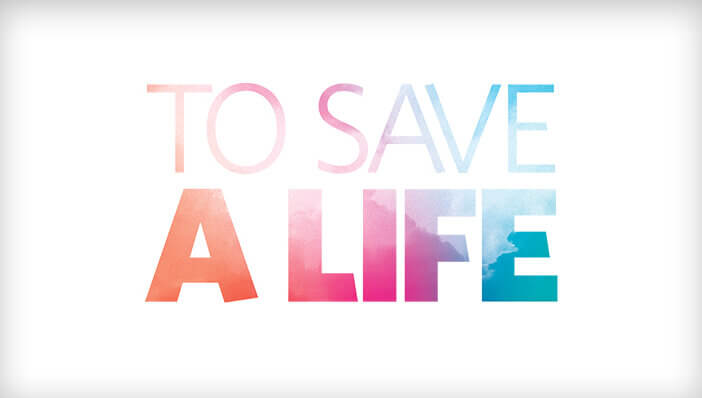
“No more dating, I’m just waiting/Like Sleeping Beauty, my prince will come for me/No more dating, I’m just waiting, ’cause God is writing my love story.”
—Barlow Girl (Average Girl)
In middle school, BarlowGirl was my jam. I bought all their CDs, of course. It was a simpler time—I could recite the lyrics to every one of their songs—easy. In fact, I’m embarrassed to say that those songs are still up there in my mind, taking up space that could otherwise be used for remembering the active years of British poets (life of an English major) or memorizing the simplest route to my favorite coffee shop.
A Christian rock band consisting of three talented and passionate sisters, BarlowGirl was beloved by myself and many other Christian young people (and their parents) for their inspiring lyrics, contemporary style, and commitment to the anti-dating purity culture of the roaring evangelical 2000s. Courtship and purity rings were in their heydays—the ultimate safeguards against sin and despair.
I do not want to be too harsh on purity culture. I firmly believe that many of its proponents–particularly its female proponents—truly have a heart for young women. Secular culture can be a cruel place for girls. Our world allows the buying and selling of female sexuality in ways both illegal (prostitution) and legal (advertising and media). At the same time, I truly believe that the church too often hands down judgments on those who haven’t waited without thought for those that might feel worthless or discarded as a result. I do not want to make this a statement about pre-marital sex, however, because I recognize that Christians have often fought loudly over this topic, and often over the heads of those hurt most by it.
I do acknowledge that for many women, choosing to have pre-marital sex does not go very well. Aside from the all-too-common physical consequences—unexpected pregnancies or STDs—pain follows emotional betrayal. Heartbreak accompanies engaging in something we aren’t really ready for, and we must also face the pain of societal double-standards that celebrate male conquest over female dignity. Purity culture enthusiasts have witnessed and mourned these pains, and have worked hard to shield young women from them.
Because I’m realizing now that they made me some promises they couldn’t keep.
If I saved all the parts of my body—every kiss, every side-hug, every slow dance—for my future husband, I was not supposed to get hurt. Oh, it would be painful to wait, of course. We were told time and time again that waiting would be frustrating and difficult, that we would be mocked, that we would need to consistently remind ourselves that God’s timing is not our own. But the reward for all of this would be that when we got married, we could present not only our whole, untouched bodies to our husbands, but our whole, untouched hearts as well.
I never had a purity ring—probably because my parents knew that it was unrealistic to place something valuable in my accident-prone pre-teen hands and expect me not to scratch, lose, or crush it. Almost ten years later, I have been coming to terms with the idea that part of God’s loving goodness includes handing us our squishy, precious hearts with no expectation that we will not scratch, lose, or crush them.
Because if you want to keep your heart a live wire instead of a lump of tissue, pain is going to be unavoidable.
Because sometimes, the circumstances won’t be right, and the separation is going to hurt even if you’ve never shared his bed.
Because sometimes, you will have waited too long to speak, and the regret won’t care that you’ve never kissed him.
Because someday, you will meet someone who can make you grin any day of the week, and if he chooses someone else, it won’t matter that you’ve never held his hand.
I have spent many years taking every precaution to guard my heart, save my own skin, and not get in over my head. I followed every rule, self-righteously believing the rules would save me, not from judgment day, but from earthly heartache.
But, then I got angry. Because it seemed that every time I constructed a pretty little cast-iron gate around my heart, swearing to God that this time no one would get in, no matter how nice a smile he had, God went ahead and sent a tornado swirling through my emotions, tearing up my tomato plants and flattening that picket fence into the ground.
What I’m saying here is that in the aftermath of the purity/pain dichotomy, everyone becomes a failure. Those who have been burned by physical intimacy feel ashamed, believing that if they had followed the rules, their hearts would be light and unbruised. Those who have followed the “rules” often feel betrayed and hypocritical—even as they’re patted on the back for staying “whole.” Inside, they may feel the complete opposite—broken and disappointed.
Purity culture is about promises: promises to our future husbands, promises to our parents, to the church, even to God. Unfortunately, instead of also making promises to ourselves, we slip into a constant cycle of self-beratement—and the church often helps us along. Words like “protect,” “love,” and “respect” are easily given to ambiguous, glittering someday-prince-charmings in the language of purity culture, but those same concepts are easily neglected when it comes to our own weary and hyper-vigilant hearts.
No one can or should deny the mysterious and crucial connection between our souls and our bodies. In rejecting that connection, the physically “chaste” (or otherwise) can desperately watch pieces of their hearts slip through their fingers and wonder where they have gone wrong.
This is because we are more than our bodies. We are more than what we do or don’t physically “give away.” We are not well-oiled machines, defined by words like “malfunction,” “deterioration,” and “market value.” We are complex and our value is not rooted in whether we do or do not retain our virginity. We are souls who need bodies to wrap our arms around when the day has been cold. We need feet to walk away from hearts that have hurt us and stomachs to fill with our mother’s comfort food. There is no fail-safe heart guard, not for those who follow “the rules” and not for those who don’t.
My pain is not the same as yours, the woman who has shared her body with someone who didn’t deserve it. Our pains are different, in description and perhaps in degree. But thankfully, we are not in a pain contest, and the God who heals us both never meant for us to divide based on what our scars look like.
Copyright statement:© 1996–2014 Christians for Biblical Equality—The CBE Scroll—All rights reserved.
The original post appeared here.
